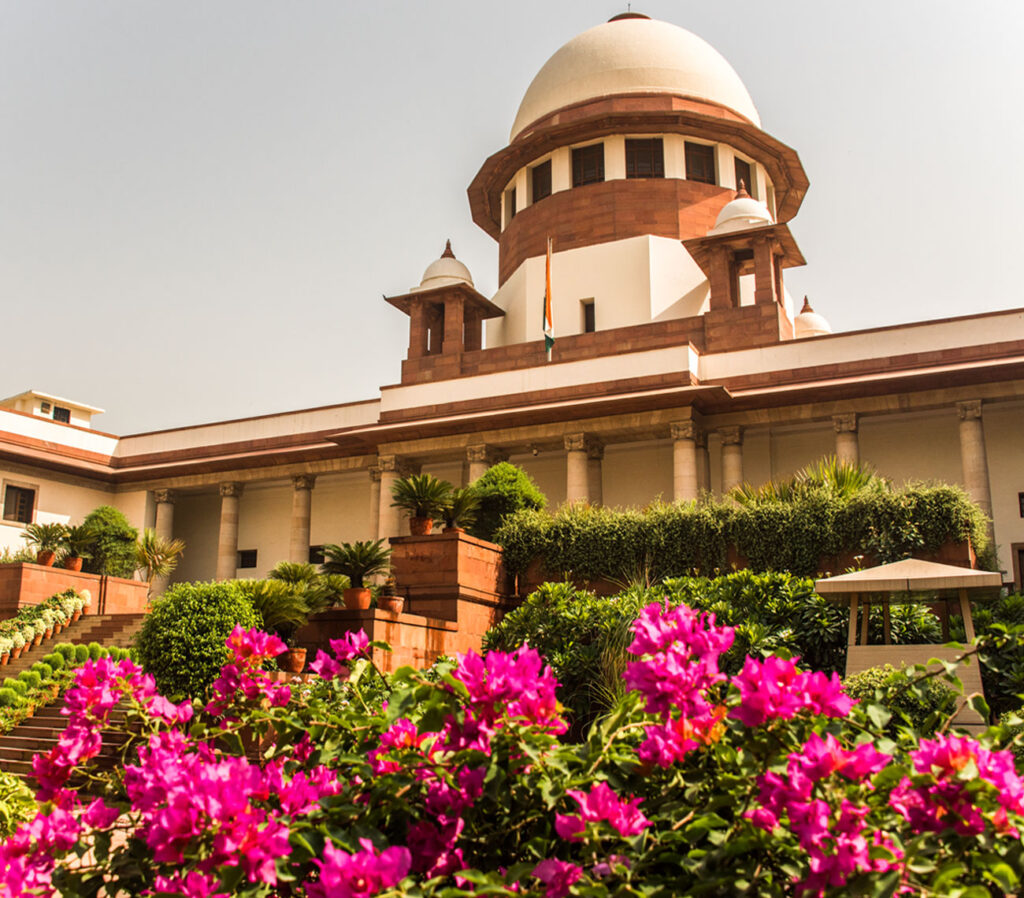- Says power can be misused to wipe out states, bring in a presidential form of govt
New Delhi, Aug 8.
Senior advocate Kapil Sibal, lead counsel for those opposing the Union government’s move to dilute Article 370 of the Constitution, on Tuesday warned the Supreme Court against granting sweeping powers to the executive to wipe out states from existence as was done in the case of the former state of Jammu and Kashmir.
Under the Constitution, he said, a Union Territory could be carved out of a state. But where does it say that a state shall be divided into two UTs and cease to exist? Under what power, he argued.
“Tomorrow they can extinguish any state. Any state will cease to exist. They can bring in a presidential form of government,” he argued, cautioning the top court against granting such sweeping powers to the executive in the face of “majoritarian tendencies”.
Sibal was arguing before a five-judge bench led by CJI D.Y. Chandrachud, which is hearing a bunch of petitions against the government’s 2019 move to do away with special status for the state of JK. The former state was then divided into two UTs.
“Where is that power. There are multiple categories (of what they can do). What they have done does not fall under any category. How is that possible?” Sibal argued.
He argued that an interpretation clause cannot be used to change the Constitution. All Indian laws, except land laws and personal laws, were applicable to JK. “There was no need for it except for sending a political message.”
Solicitor General Tushar Mehta claimed in a short intervention that many laws such as the Prevention of Corruption Act did not apply to the state.
After the Union government’s 2019 move, some 1200 beneficial laws, including the Prevention of Corruption Act and the Right to Education Act etc, are now applicable to JK, Mehta said.
Sibal contested this saying that the state had many laws of its laws to prevent corruption. Their names are different, but the Prevention of Corruption Act applied to JK, he said. It was wrong to say that many Indian laws did not apply to the state, he said.
The central government has been claiming that things have improved on many fronts in Kashmir after its move.
While getting rid of Article 370 of the Constitution, the central government also got rid of Article 35A which denies outsiders the right to buy land in Kashmir. Such provisions exist in many states.
Under Article 35A, children of women who married outsiders also did not get any share in the landed property in the state.
The top court has though refused to look at the factual implications of the changes and instead said that it would concentrate only on the legal and constitutional issues involved in the case. Further arguments in the case will continue tomorrow.


